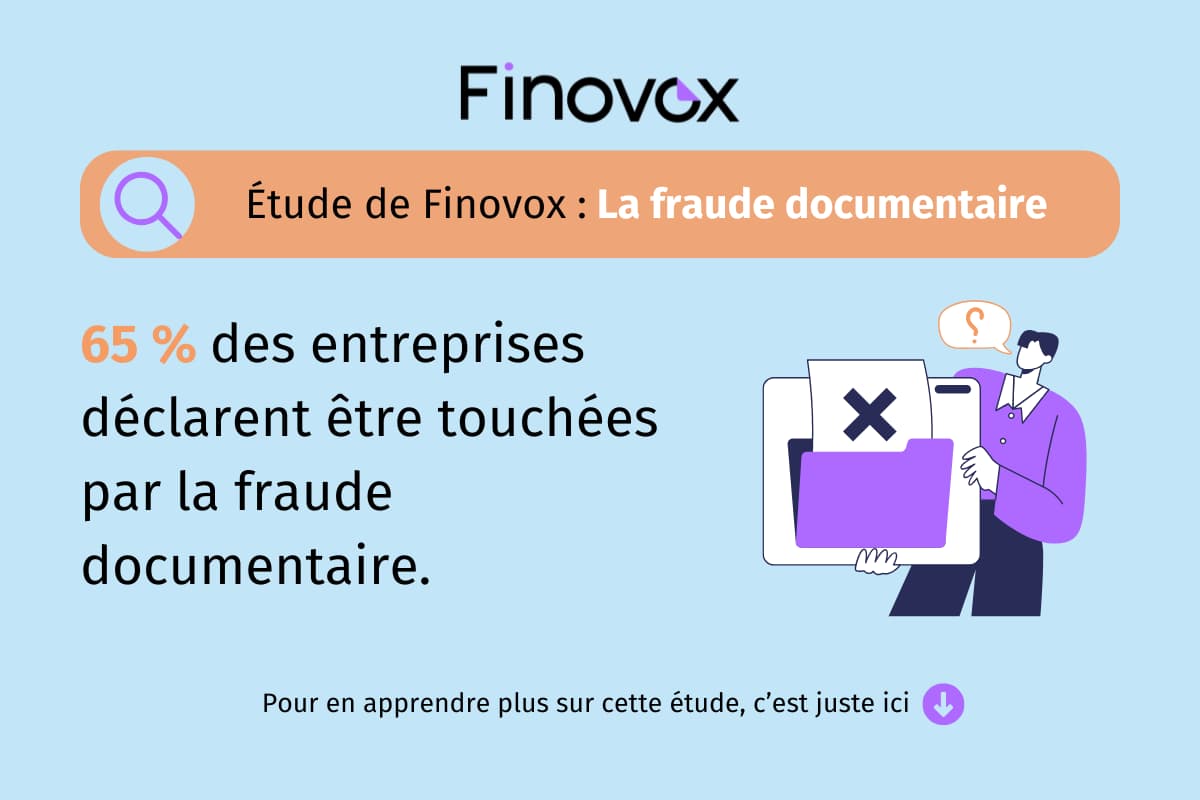
In 2024, the results of the study proposed by Finovox in partnership with Selvitys, reveal the extent of documentary fraud on businesses. A study conducted with 300 fraud management managers in various companies, it shows the impact of fraud on turnover. From falsifying invoices to identity fraud, document fraud is a growing challenge that encourages more and more businesses to strengthen their prevention strategies. We tell you more about the figures obtained!
The figures in the study are clear: 85% of businesses consider the fight against fraud to be one of their three main priorities.
Note that, the bigger the company, the more seriously it takes the threat.
Large structures, which generate turnover greater than 50 million euros, often allocate specific teams and resources to the prevention of fraud.
Small businesses, with less than 50 employees, however, are the most vulnerable. Alone 60% of these businesses make the fight against fraud a priority, often due to a lack of resources or a dedicated internal structure.
For more information: Internal control in companies or how to fight fraud
Among the types of fraud encountered in businesses, document fraud is the most frequent. She touches 65% of businesses questioned!
This form of fraud includes practices such as the falsification of invoices, pay slips, quotes or even administrative certificates.
However, the behavioral scams are not far behind. Indeed, presidential fraud or phishing follow closely with 60% of businesses affected.
In last place, we find the identity fraud also called KYC (Know Your Customer). They are linked to the handling of documents such as driver's licenses, passports or national identity cards. They concern nearly 50% of businesses.
With the increase in document fraud, businesses invest in specialized tools.
More than 70% of large companies (more than 100 employees) use several software programs to detect and prevent fraud.
This software makes it possible to analyze documents in depth and identify falsification attempts using AI and machine learning.
At the end of 2024, companies must not only adopt advanced anti-fraud technologies, but also invest in the training of their employees to detect and respond quickly to fraud attempts!
Interested in the subject? Read on: Detecting a fake document: Chat GPT vs Finovox
The fight against document fraud has become an essential strategic priority. If you want to learn more about document fraud and the software offered by Finovox, contact our experts!